Authorities vow stringent action against environmental violations
China's top authorities have issued a new guideline to strengthen the country's high-profile central environmental inspection mechanism, building on nearly a decade of efforts to establish it as a cornerstone for promoting ecological civilization.
Jointly released by the Communist Party of China Central Committee and the State Council, China's Cabinet, the document emphasizes a people-first governance philosophy and pledges concrete measures to address violations that have drawn strong public concern.
Inspection results will be included in officials' performance evaluations, according to the document. An office to support the inspection group's daily operations will be established within the Ministry of Ecology and Environment. It will also be responsible for organizing and dispatching inspection teams.
The primary targets for inspection include provincial-level governments, the Ministry of Ecology and Environment, relevant departments administered by the State Council and centrally administered State-owned enterprises with significant ecological and environmental impacts.
The top priority for inspection teams — usually headed by ministerial-level officials — is to assess how well these entities implement the Xi Jinping Thought on Ecological Civilization, as well as related decisions and directives from the CPC Central Committee and the State Council.
Ecological civilization is a concept promoted by President Xi Jinping that emphasizes balanced and sustainable development and harmonious coexistence between humans and nature.
Inspectors will also focus on progress toward the "Beautiful China" initiative, including efforts in pollution control, ecological protection and restoration, the transition to a greener development model and measures aimed at achieving the country's climate goals.
China aims to peak carbon dioxide emissions before 2030 and achieve carbon neutrality before 2060.
The document says inspectors should also examine prominent ecological and environmental issues that have triggered strong public concern, and evaluate how these issues are being addressed.
Entities under inspection are required to investigate and rectify violations reported through public complaints or petitions. They must also establish and improve long-term mechanisms for rectification, supervision and accountability, ensuring thorough investigation and complete resolution of problems, the document says.
A statement from the inspection office on Tuesday highlighted a new mechanism for inspectors to share investigative leads with authorities responsible for follow-up and rectification work.
The office stressed the importance of punitive measures, stating that accountability actions and the progress of violation rectification must be included in the final rectification report submitted for review.
China piloted the central environmental inspection mechanism between late 2015 and February 2016. The first full round of inspections began soon after and covered all 31 provincial-level regions on the Chinese mainland by the end of 2017. Inspectors began revisiting some regions in 2018 to check on rectification efforts.
During the initial round and subsequent revisits, inspectors received more than 212,000 public complaints and helped resolve over 150,000 environmental violations, according to the Ministry of Ecology and Environment.
More than 40,000 enterprises were fined a total of 2.46 billion yuan ($341.5 million), the ministry said.








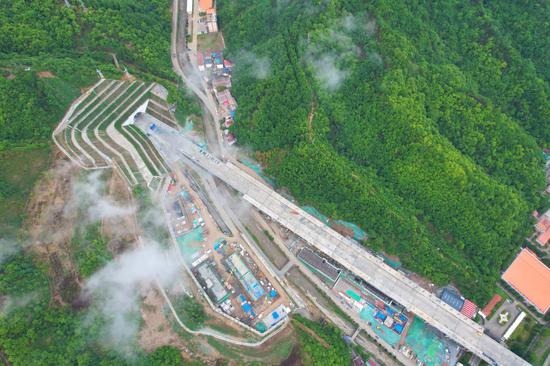
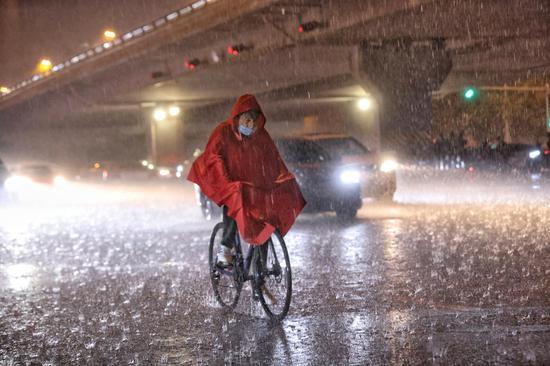

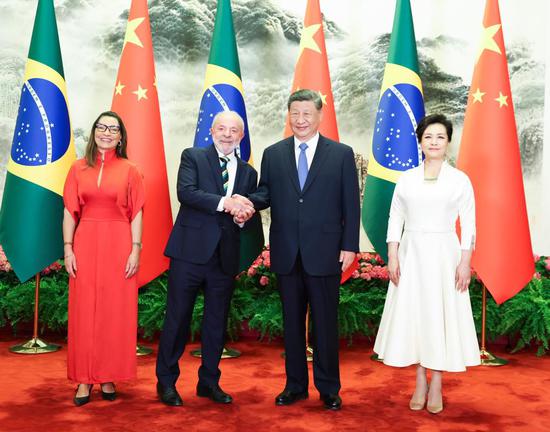
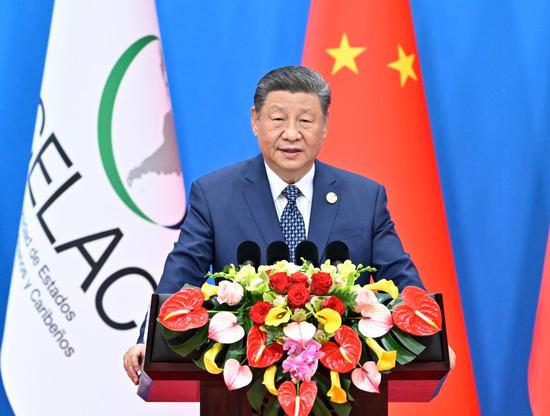
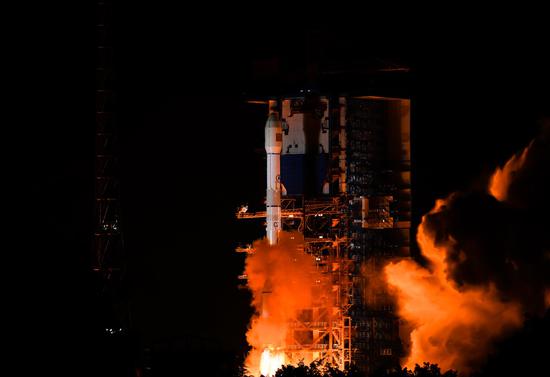
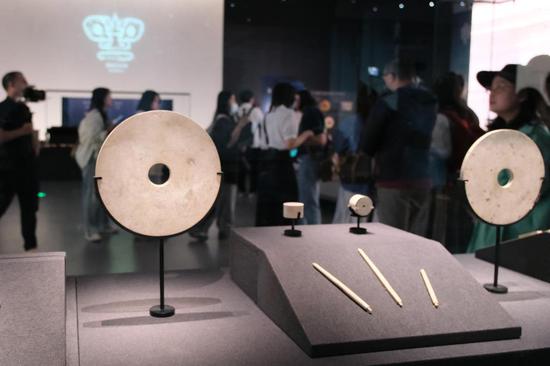

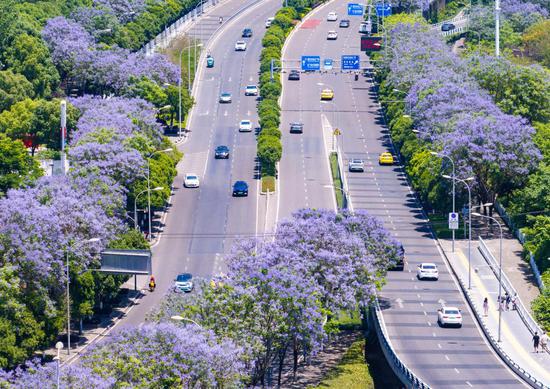
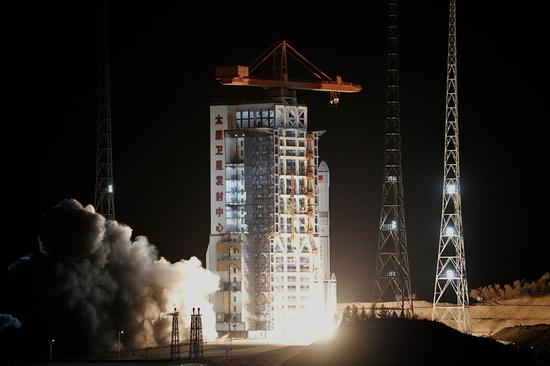
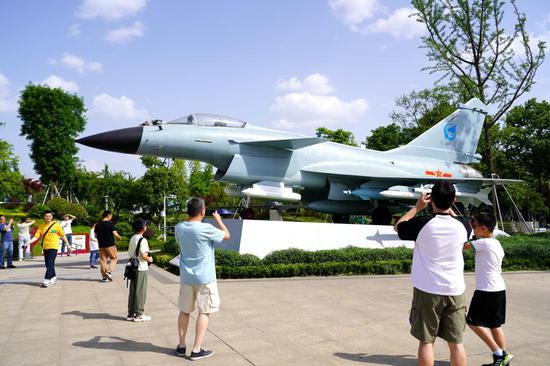
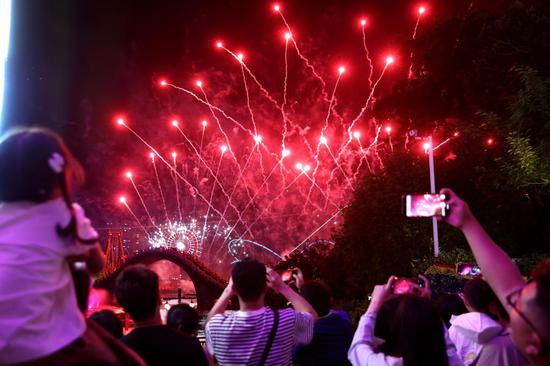




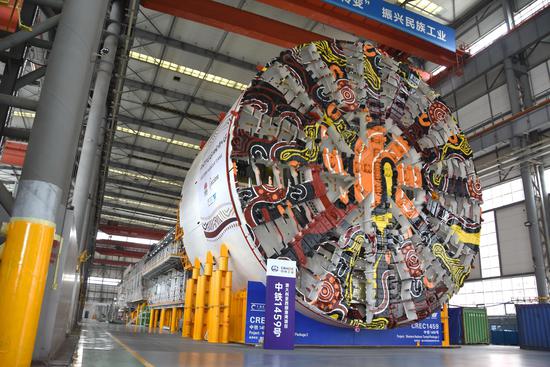
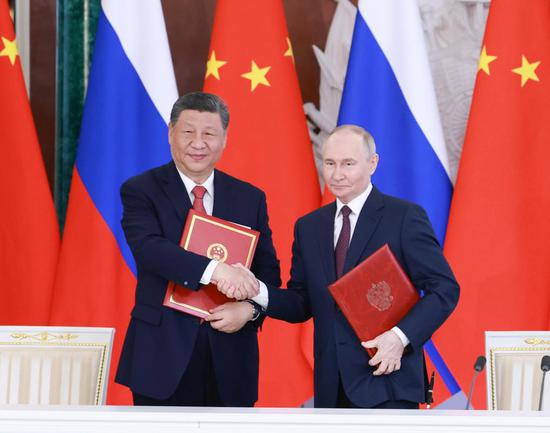

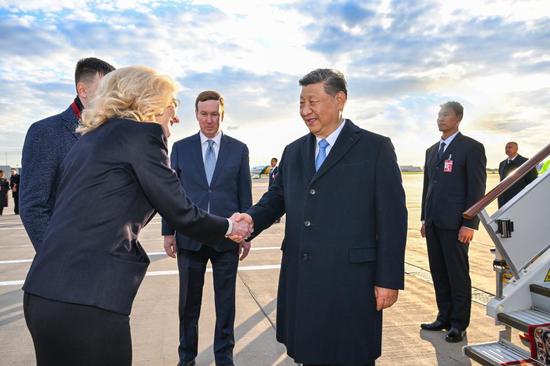
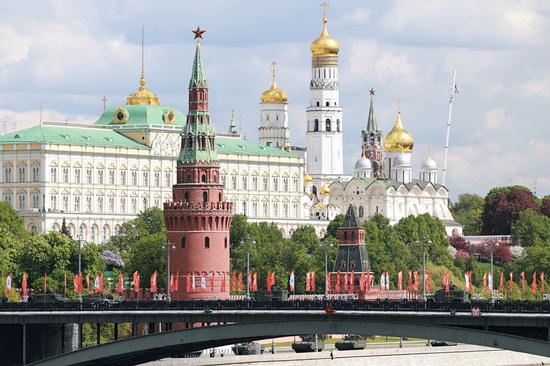



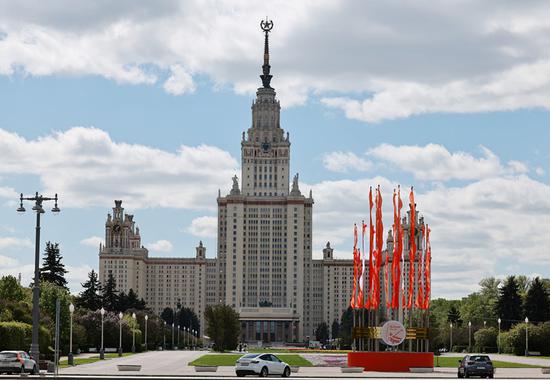
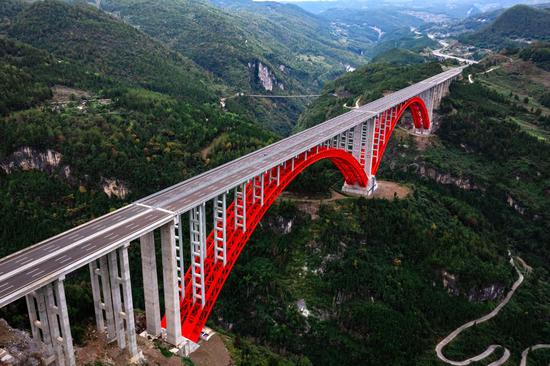


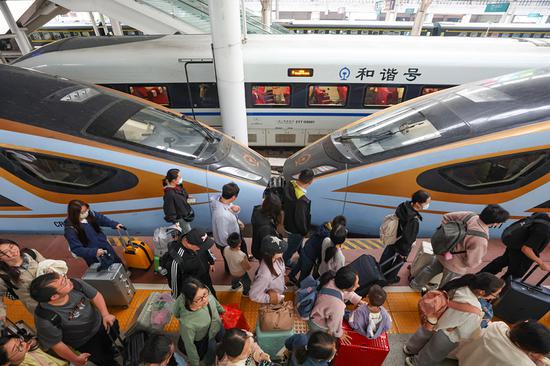
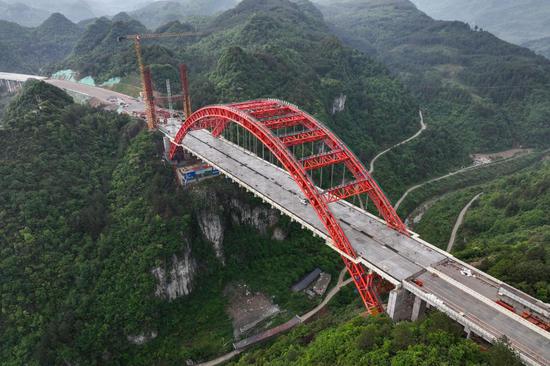
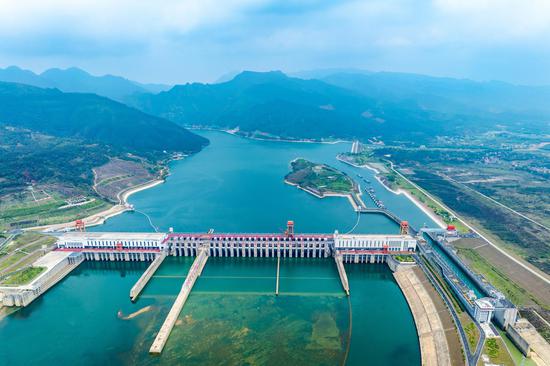
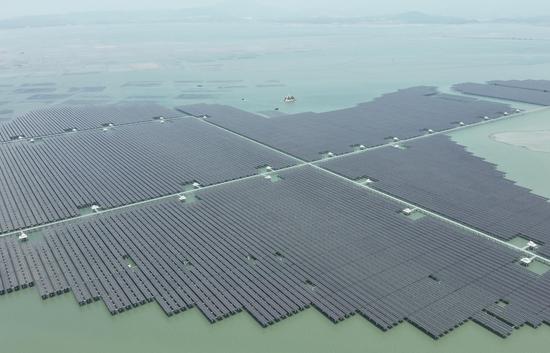
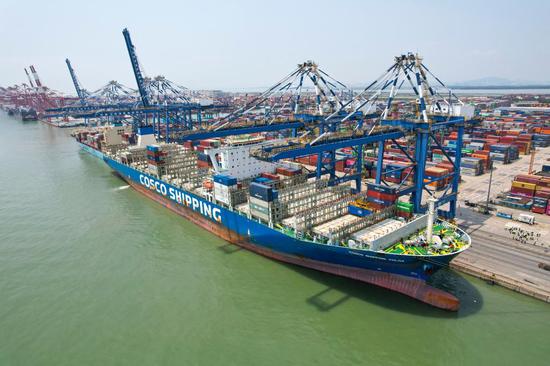
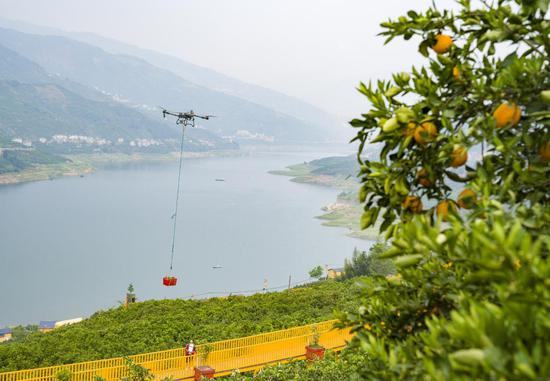
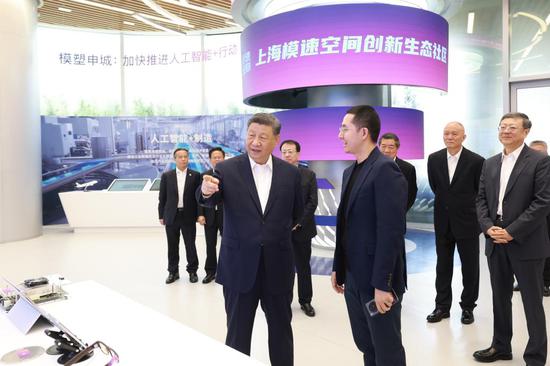

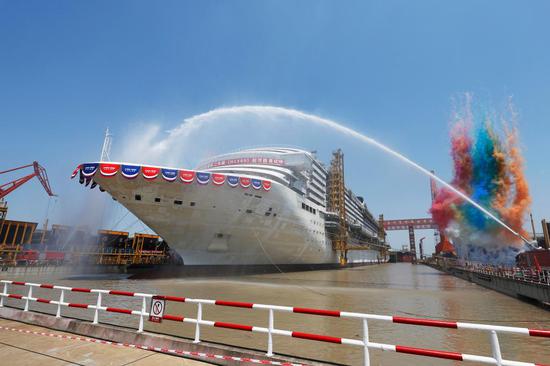





 京公網安備 11010202009201號
京公網安備 11010202009201號